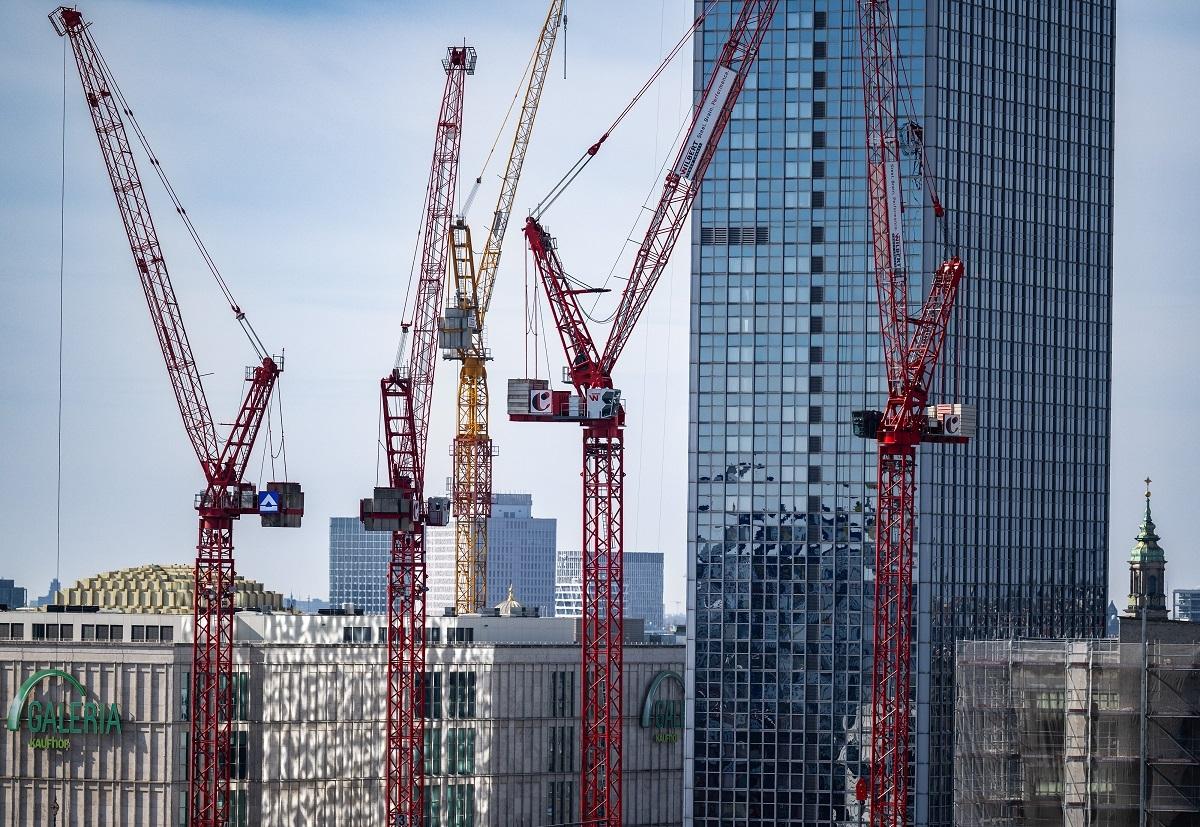
Germany reports slight spike in residential building permit approvals. (picture alliance/dpa/Soeren Stache)
German authorities approved construction for around 110,000 new homes in the first half of the year, according to data from the Federal Statistical Office released.
This marks a 2.9% increase compared with the same period last year, when approvals had fallen to their lowest level since 2010.
The figure includes both entirely new buildings and additional apartments created within existing structures.
The modest growth was driven almost entirely by single-family houses, where approvals rose by 14.1% to 21,300 units. By contrast, permits for two-family houses declined by 8.3% to 6,000 units.
For multi-family housing - seen as the most crucial segment for addressing Germany's housing shortage - there was little change, with 57,300 new apartments approved.
Housing approvals are considered an early indicator of upcoming construction activity. However, not all approved projects move forward promptly, or at all.
In 2023, only 251,900 apartments were completed nationwide, the lowest figure since 2015. The average time from approval to completion has also lengthened in recent years, rising by six months since 2020 to an average of 26 months.
The German Construction Industry Association sees no sign of a turnaround in residential construction and is calling for additional support measures to be included in current budgets.
"There is currently no momentum that could lift residential construction out of the crisis," said chief executive Felix Pakleppa. The association also warned that significantly more building land must be designated in urban areas to meet demand.

Notice: No person, organization and/or company shall disseminate or broadcast the above article on Xinhua Silk Road website without prior permission by Xinhua Silk Road.




 A single purchase
A single purchase









